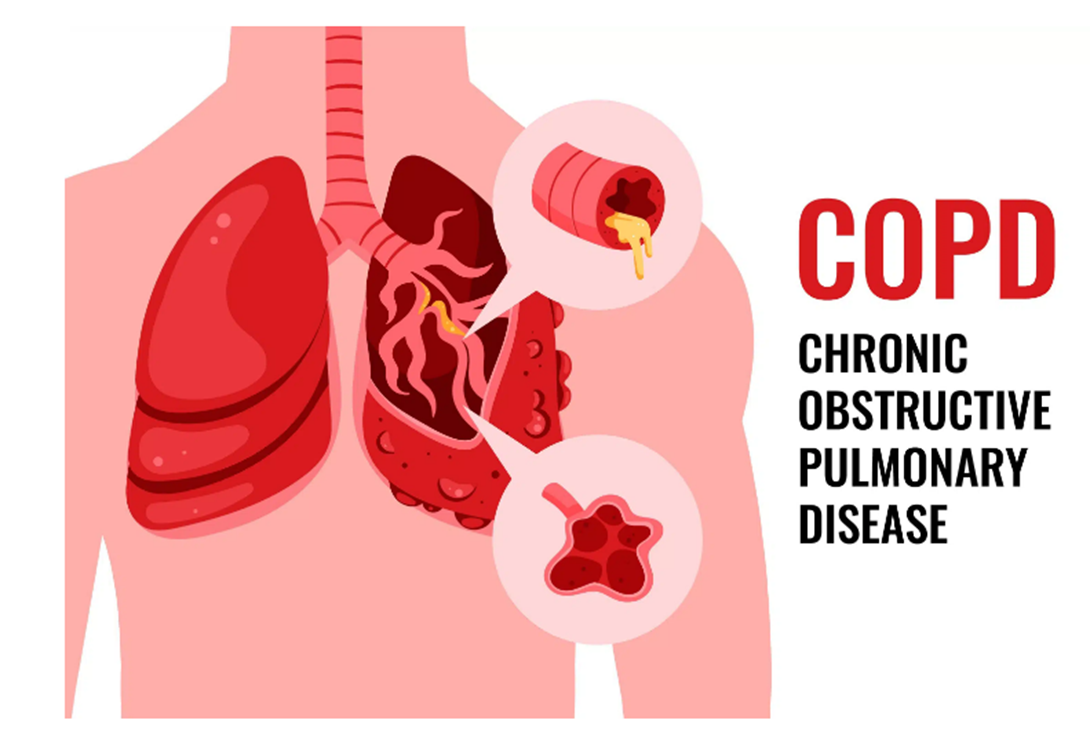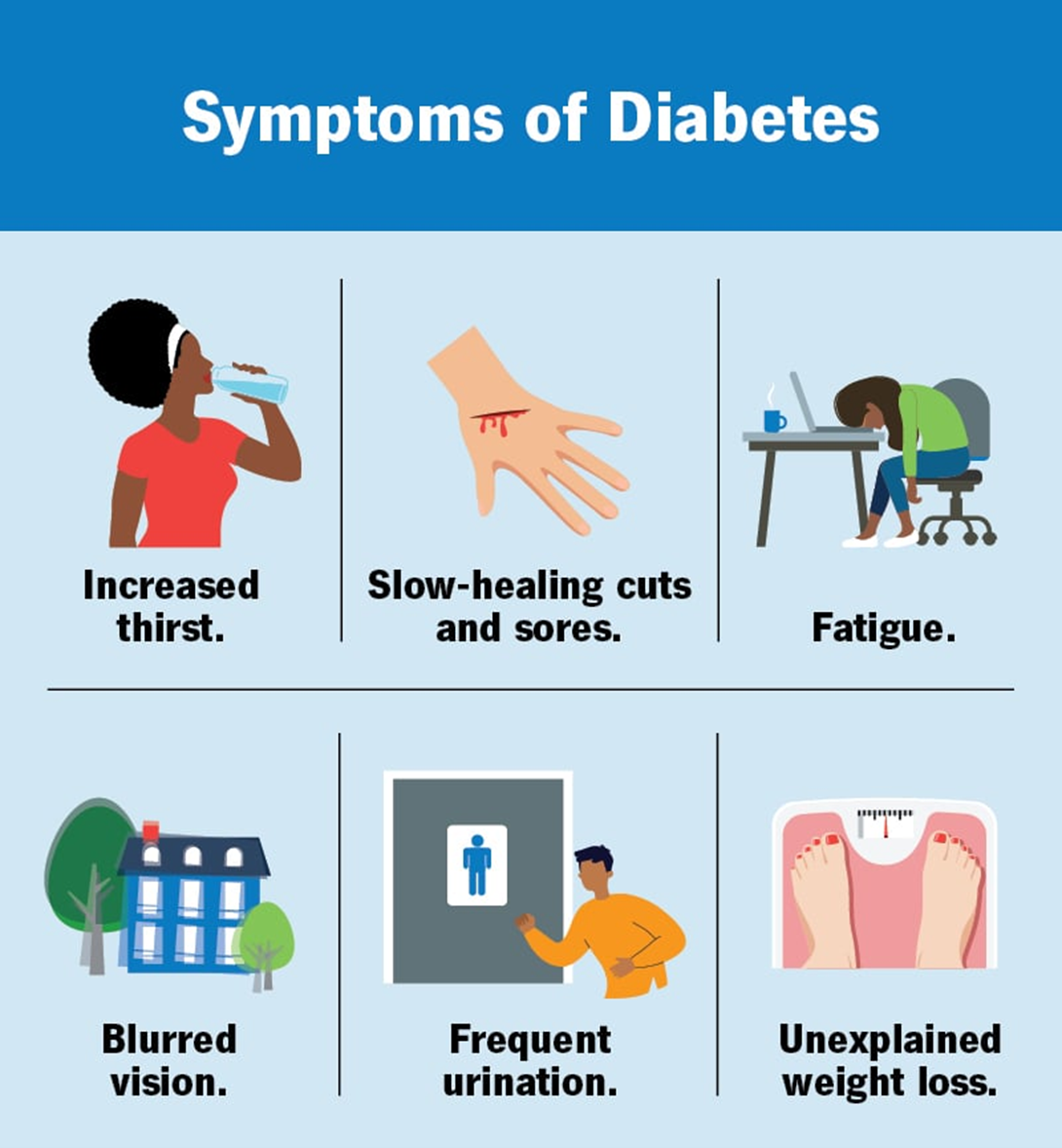An adolescent from a poor neighborhood who has a history of severe chronic obstructive pulmonary disease (COPD) and peripheral vascular disease (PVD) is being discharged from a funded nursing facility. Which action is most important for the nurse to implement?
Reinforce need for adequate hydration.
Provide typed instructions for healthy diet selection.
Schedule follow-up appointments with specialists.
Demonstrate specific breathing and walking exercises.
The Correct Answer is C
Choice A reason: Reinforcing need for adequate hydration is not the most important action for the nurse to implement, as this is a general recommendation for all clients and does not address the specific needs of this client. This is a distractor choice.
Choice B reason: Providing typed instructions for healthy diet selection is not the most important action for the nurse to implement, as this may not be feasible or accessible for this client who lives in a poor neighborhood and may have limited resources and literacy. This is another distractor choice.
Choice C reason: Scheduling follow-up appointments with specialists is the most important action for the nurse to implement, as this can ensure that this client receives continuous and comprehensive care for their complex and chronic conditions, which can improve their outcomes and quality of life. Therefore, this is the correct choice.

Choice D reason: Demonstrating specific breathing and walking exercises is not the most important action for the nurse to implement, as this can be done by other health care professionals or at home by the client. This is another distractor choice.
Nursing Test Bank
Naxlex Comprehensive Predictor Exams
Related Questions
Correct Answer is ["B","D","E"]
Explanation
Choice A reason: This is incorrect because providing a diet low in phosphorus is not indicated for a client with cirrhosis of the liver. Phosphorus restriction is more relevant for clients with renal failure, not liver failure.
Choice B reason: This is correct because noting signs of swelling and edema is an essential intervention for a client with cirrhosis of the liver. Swelling and edema are signs of fluid retention and portal hypertension, which are common complications of liver disease.
Choice C reason: This is incorrect because increasing oral fluid intake to 1,500 mL daily is not advisable for a client with cirrhosis of the liver. Fluid restriction may be necessary to prevent fluid overload and ascites, which are common complications of liver disease.
Choice D reason: This is correct because monitoring abdominal girth is an important intervention for a client with cirrhosis of the liver. Abdominal girth measurement can indicate the presence and severity of ascites, which is a common complication of liver disease.
Choice E reason: This is correct because reporting serum albumin and globulin levels is a vital intervention for a client with cirrhosis of the liver. Serum albumin and globulin levels can reflect the liver's synthetic function and indicate the extent of liver damage.
Correct Answer is ["A","C","D"]
Explanation
Choice A reason: Taking metformin with the morning and evening meal is a correct statement for the nurse to include, as this can improve the absorption and effectiveness of metformin and reduce the risk of gastrointestinal side effects. Therefore, this is a correct choice.
Choice B reason: Using sliding scale insulin for frequent blood glucose elevations is not a correct statement for the nurse to include, as this is not recommended for clients with type 2 DM who are taking metformin. This can cause hypoglycemia and complicate the management of blood glucose levels. This is an incorrect choice.
Choice C reason: Recognizing signs and symptoms of hypoglycemia is a correct statement for the nurse to include, as this can help the client identify and treat low blood glucose levels, which can occur with metformin use or other factors such as exercise, fasting, or alcohol intake. Therefore, this is another correct choice.
Choice D reason: Reporting persistent polyuria to the health care provider is a correct statement for the nurse to include, as this can indicate poor glycemic control or a complication of DM such as diabetic ketoacidosis or nephropathy. Therefore, this is another correct choice.
Choice E reason: Taking an additional dose for signs of hyperglycemia is not a correct statement for the nurse to include, as this can cause overdose or toxicity of metformin, which can lead to lactic acidosis and renal failure. This is another incorrect choice.

Whether you are a student looking to ace your exams or a practicing nurse seeking to enhance your expertise , our nursing education contents will empower you with the confidence and competence to make a difference in the lives of patients and become a respected leader in the healthcare field.
Visit Naxlex, invest in your future and unlock endless possibilities with our unparalleled nursing education contents today
Report Wrong Answer on the Current Question
Do you disagree with the answer? If yes, what is your expected answer? Explain.
Kindly be descriptive with the issue you are facing.
